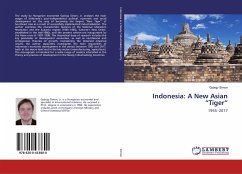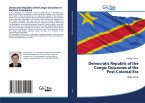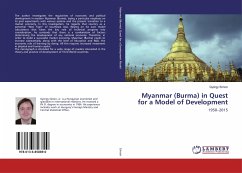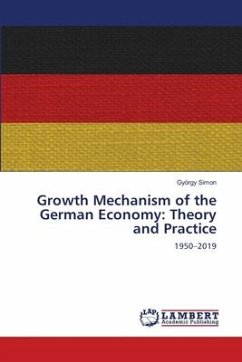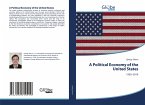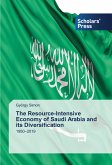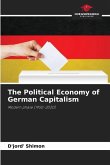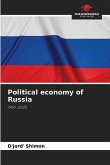The study by Hungarian economist György Simon, Jr. analyses the main stages of Indonesia's post-independence political, economic and social development on the way of becoming the largest "New Tiger" of Southeast Asia as a result of successfully implemented industrialisation. The author examines the characteristic features of the National Liberation Revolution and the Sukarno regime (1945-1965), Suharto's New Order, established in the mid-1960s, and the present reform era inaugurated by the Asian crisis of 1997-1998. The theoretical basis of research includes the key postulates of development economics, as well as neoclassical and endogenous theories of growth. Considering the obtained empirical results, the author separately investigates the main regularities of Indonesia's economic development in the period between 1955 and 2017, both at the macro level and in the key sectors (manufacturing, agriculture).The monograph is intended for a wide range of readers interested in the theory and practice of development in the Newly Industrialising Countries.
Bitte wählen Sie Ihr Anliegen aus.
Rechnungen
Retourenschein anfordern
Bestellstatus
Storno

